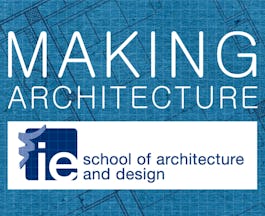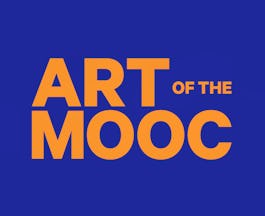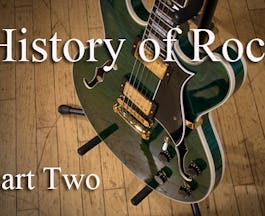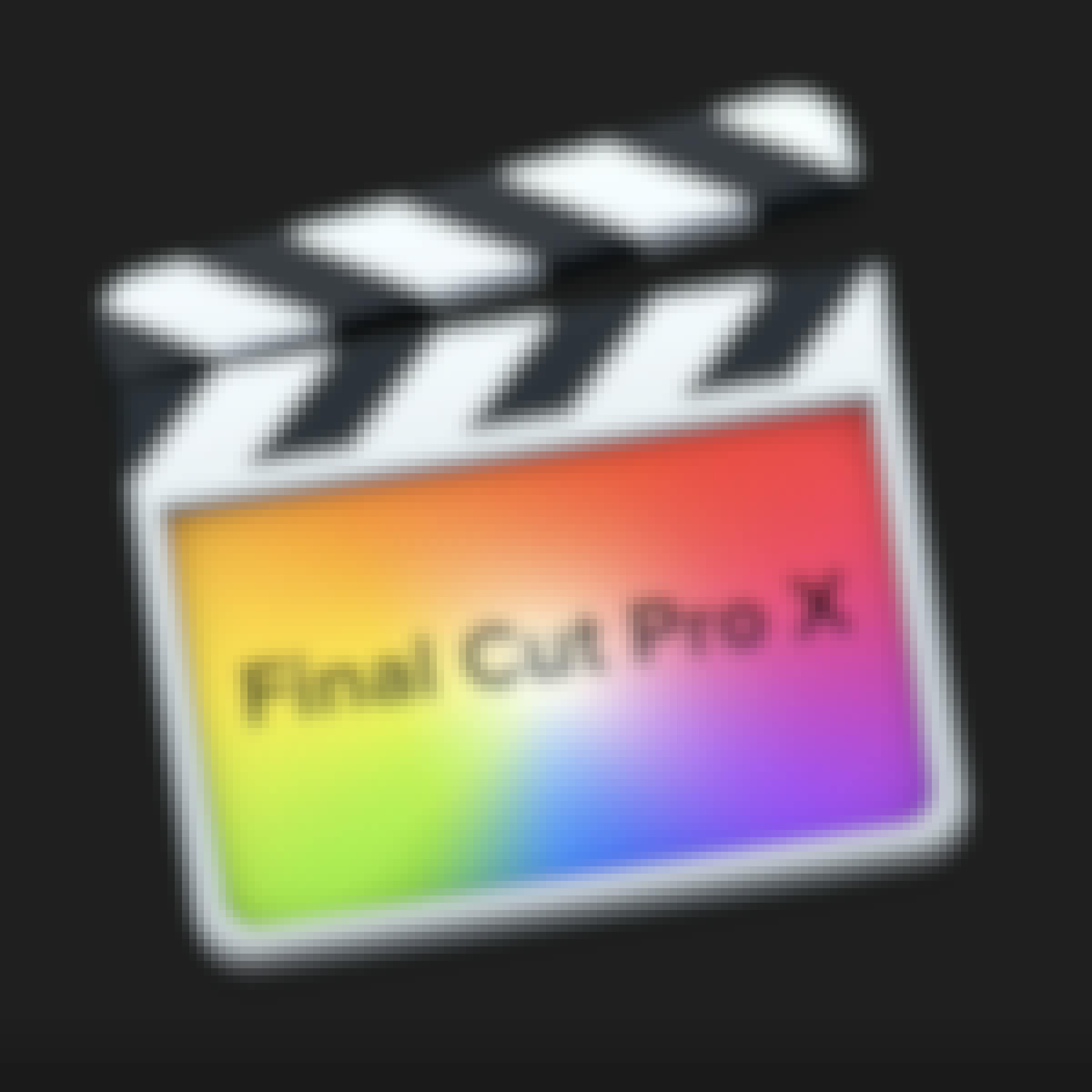Filter by
The language used throughout the course, in both instruction and assessments.
179 results for "music production"
 Status: Free
Status: FreeMichigan State University
Skills you'll gain: Storytelling

IE Business School
Skills you'll gain: Creativity
 Status: Free
Status: FreeDuke University
 Status: Free
Status: FreePeking University
Skills you'll gain: Communication
 Status: Free
Status: FreeUniversity of Rochester
 Status: Free
Status: FreeDuke University

LearnQuest
Skills you'll gain: Media Production, Computer Graphics, Graphics Software, Visual Design, Computer Graphic Techniques, Creativity, Interactive Design, Media Strategy & Planning, Social Media
 Status: Free
Status: FreeMichigan State University
Skills you'll gain: Writing
 Status: Free
Status: FreeMcMaster University
Skills you'll gain: Business Psychology, Human Learning
 Status: Free
Status: FreeUniversity of London
Searches related to music production
In summary, here are 10 of our most popular music production courses
- Write Your First Novel: Michigan State University
- Making Architecture: IE Business School
- Art of the MOOC: Experiments with Sound: Duke University
- Chinese for Beginners: Peking University
- History of Rock, Part Two: University of Rochester
- Guitar Performance Techniques: Berklee
- Piano Techniques for Modern Music: Berklee
- Copyright for Multimedia: Duke University
- Mastering Final Cut Pro: LearnQuest
- Write A Feature Length Screenplay For Film Or Television: Michigan State University












